Introduction to Subdividing
Subdividing: The key to discovering hidden gems.
For many first-time developers, the step of subdividing land for development is often a long way through the thought process. Often, land investors and developers understand the benefits of getting finance locked in and a good build team on side but may overlook the process of choosing the right surveying team to work with to find the true land potential. Different surveying teams may identify different solutions for the same section of land, and so it pays to spend time explaining your development goals to your surveyor, so they can help you to locate the best location for your project.
Step one: Get help with your land research
If you’re developing for the first time talking to a surveyor before you purchase land will help you to find out the best section or property for you. They can explain limitations and land development potential, and help you understand how the land could be divided. They will look at district zoning to recommend the ideal allotment size that the land can support. A creative and experienced team will be able to consider the local area, and demand for the style of housing and help you to evaluate one site location over another to maximise your return.
Buy empty land or property with potential?
If you are considering a property at auction, talk to your surveyor early about thoroughly reviewing the ownership titles of the land, including previous use and ownership, and highlighting restrictions. They will let you know of any covenants that could limit your ambitions, and review the LIM report to identify hazards and requirements around construction methods. If it’s your first time, buying a subdivided lot to build on means all the connections, drainage and other requirements are already in place, but your returns will usually be less, and competition for vacant lots in many areas of New Zealand is often very high. Buying a property for development, knocking it down, and subdividing it into additional lots each for new development, yields a much higher potential return but you will need to ensure your surveyor helps to identify any hidden geographical issues and other constraints that ought to be factored into your redevelopment budget.
Get it right with these five critical questions
If you want to ensure you get the right outcome, ask your surveyor these questions before you purchase your land:
- How has zoning changed in this area and what’s planned for the future?
- What environmental factors (height of land, stability, proximity to coast, high wind, etc) might affect development costs?
- What restrictions are there on the land for development?
- What is the optimal number of properties the land could support?
- How will the Resource Management Act changes coming later this year affect options and demand for housing in this area?
Ultimately, your surveyor has a whole toolkit of ideas that can help you to unlock the potential in your land. Partner with someone you feel understands your vision and work with them to find the right plot for development, or to optimise the potential of your existing land to achieve your goals. Surveyors can do more than just topographical surveys and title checks, they can be your best advantage.

